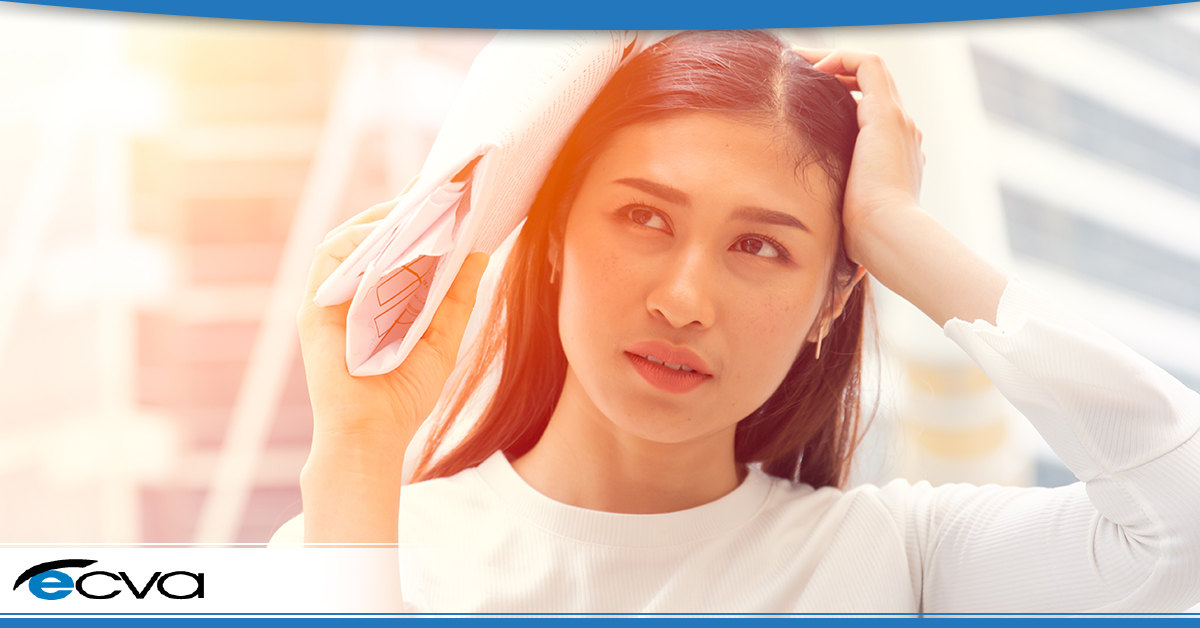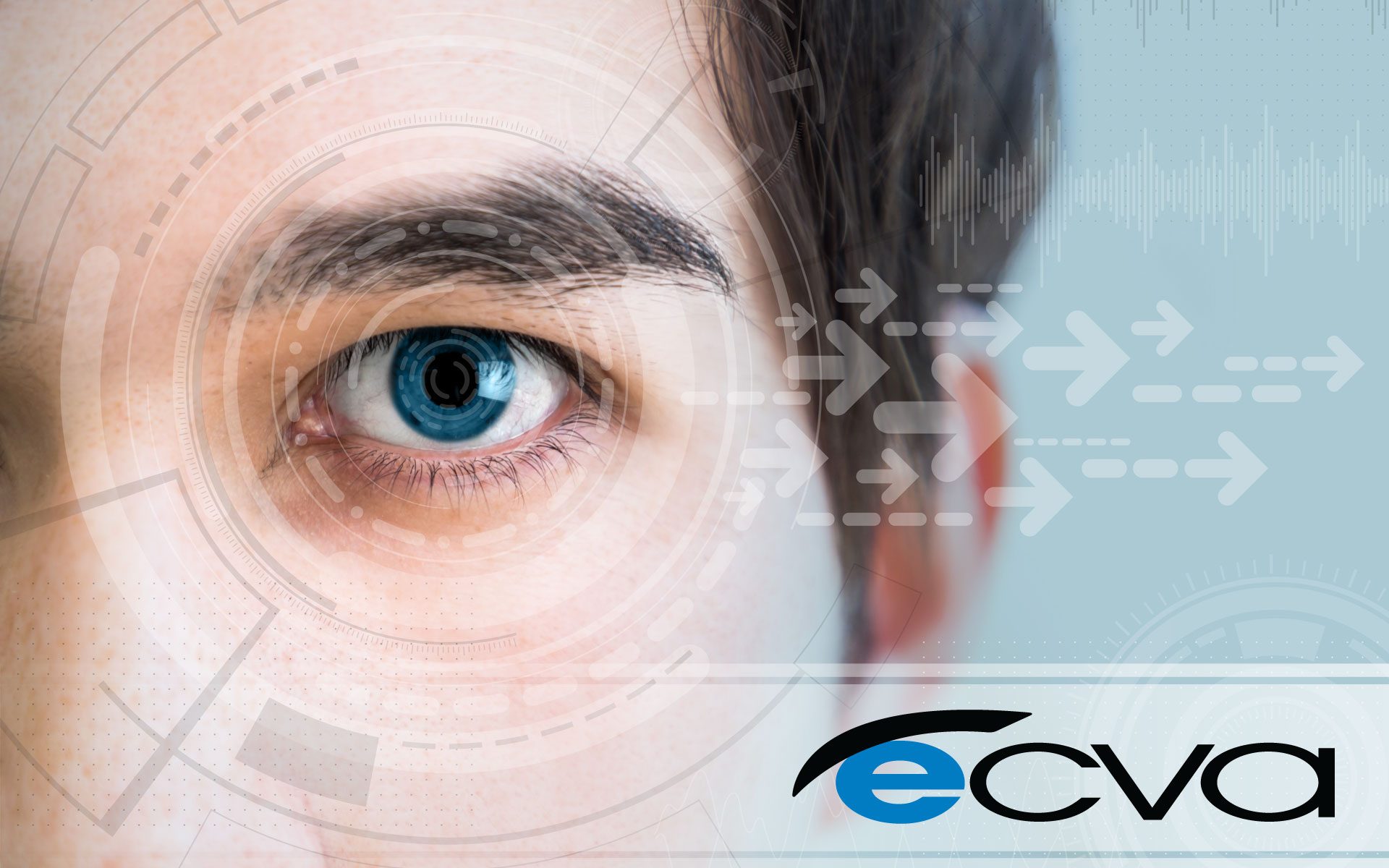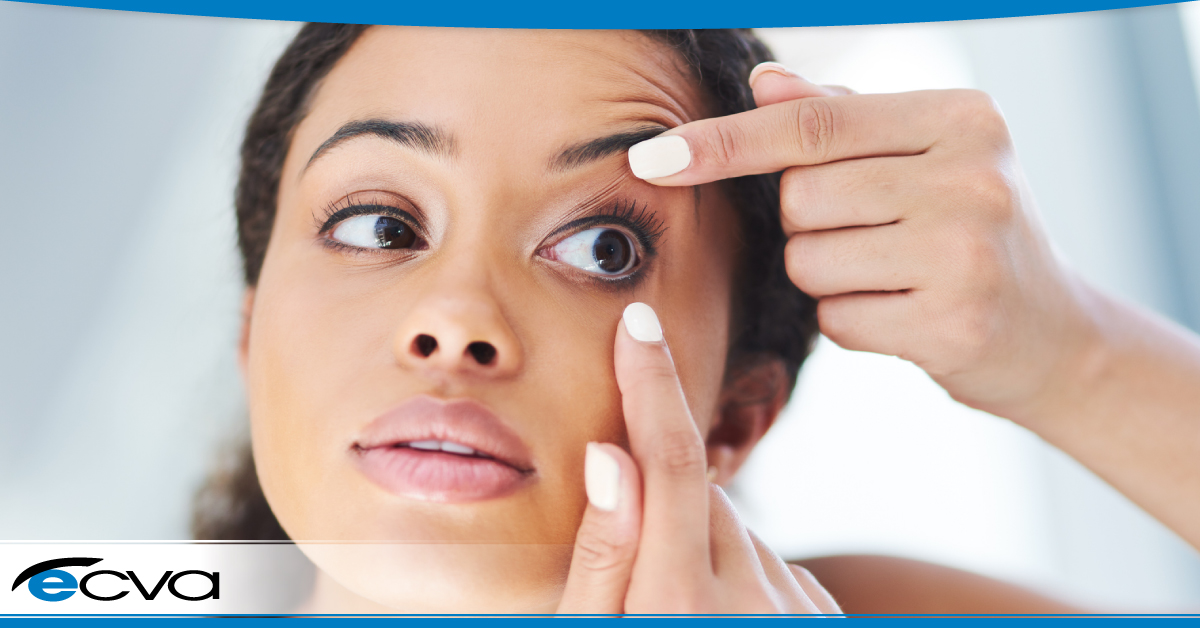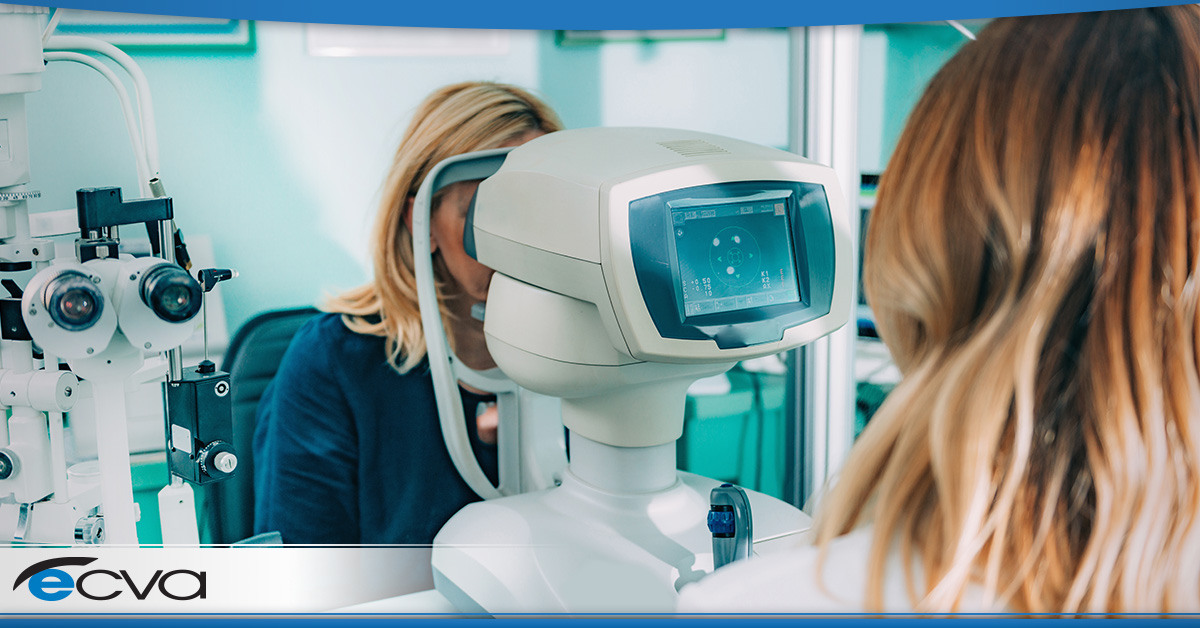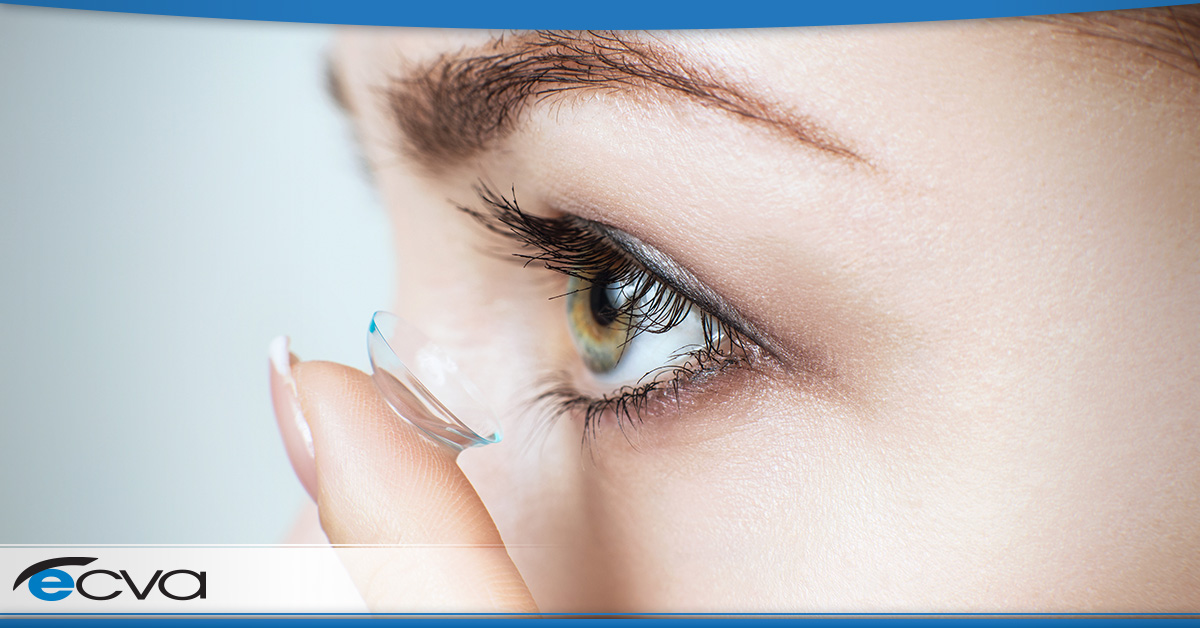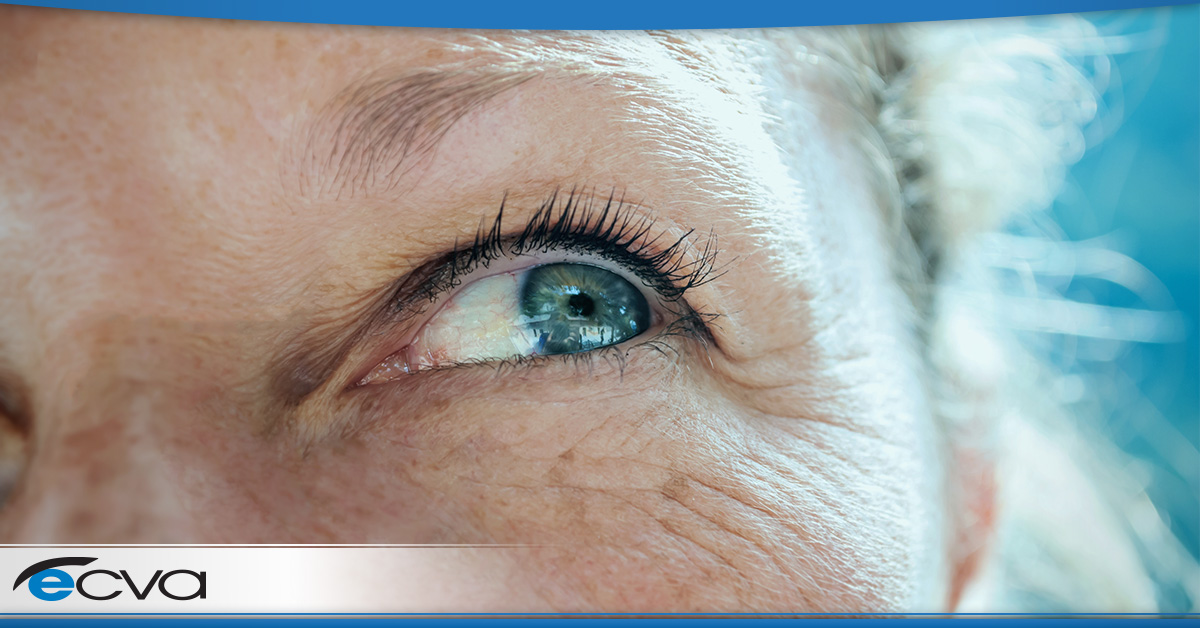Ultraviolet (UV) rays are harmful, including to your eyes. Since July is UV safety month, it’s the perfect time to consider how you can protect your eyes from this damaging form of radiation. To help you get started, we’re going to dispel some common misconceptions and myths about UV protection and your eyes. Here’s what you need to know.
Myth: All Sunglasses Protect Against UV Rays
Sunglasses don’t inherently protect against UV rays unless they have coatings designed to offer that protection. When selecting sunglasses, look for pairs that list UV-blocking capabilities on the lenses, preferably with a very high percentage, with 100 percent protection being the best option.
Myth: Polarized Lenses Offer UV Protection
While sunglasses can be polarized and offer UV protection, the fact that they’re polarized isn’t what blocks UV light. Instead, polarized lenses only cut back on glare. As a result, it’s critical to make sure that the product information lists that the lenses block UV light.
Myth: You Only Need UV Protection on Sunny Days
While clouds may reduce the amount of UV rays that reach you, the reduction is very limited. That means you’re eyes are still exposed to a significant amount of UV light when it’s overcast, so wearing UV-blocking sunglasses is still recommended.
Myth: You Don’t Need UV-Blocking Sunglasses When in a Vehicle
While it’s true that many vehicle windshields block the vast majority of UV rays, side windows don’t offer the same level of protection. As a result, it’s best to wear UV-blocking sunglasses when in a vehicle to adequately protect your eyes.
Myth: Full-Spectrum UV Protection Sunglasses Are Expensive
Full-spectrum UV-blocking sunglasses are available at practically any price point, and there are many highly affordable options on the market. Often, it’s possible to find a suitable pair for less than $20 at big box stores or through online retailers.
Even prescription sunglasses with UV protection often cost less than most people assume. As a result, it’s possible to cover that need with prescription lenses without spending much more than you would on regular prescription glasses.
Myth: Darker Lens Tints Offer More UV Protection
How dark sunglass lenses are tinted doesn’t impact the level of UV protection. Instead, it only alters how much visible light reaches your eyes. As a result, any lens that offers a high percentage of UV-blocking will perform similarly to others when it comes to shielding your eyes from harmful rays, regardless of how dark the tint is on the lens.
Myth: UV Damage Is Reversible
In most cases, UV damage to the eye is functionally cumulative, causing it to add up over time. Additionally, most of the harm is irreversible once it occurs.
At ECVA, the safety and health of our patients’ eyes are our priority. If you’re concerned about possible damage to your eyes caused by UV exposure or simply haven’t seen your eye care provider in the past year, the ECVA team is here to help. Schedule an appointment at your closest ECVA clinic today.



